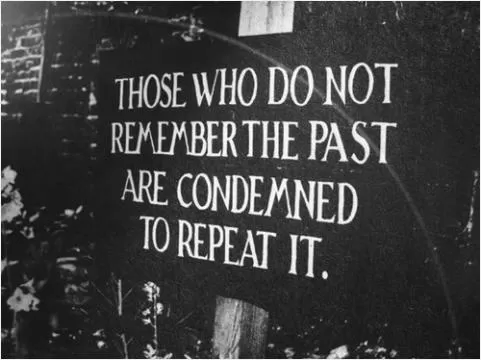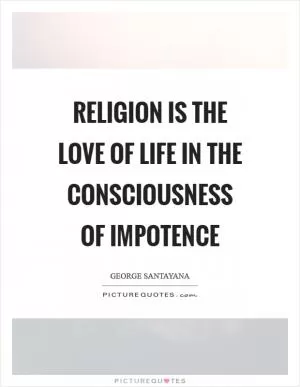It is not society's fault that most men seem to miss their vocation. Most men have no vocation

It is not society's fault that most men seem to miss their vocation. Most men have no vocation
George Santayana, a renowned philosopher and essayist, once famously stated, "It is not society's fault that most men seem to miss their vocation. Most men have no vocation." This thought-provoking statement sheds light on the idea that not everyone is destined to find their true calling or purpose in life. Santayana's words challenge the commonly held belief that society is to blame for individuals not fulfilling their potential or finding their vocation.Santayana's assertion can be interpreted in various ways. One interpretation is that not everyone is meant to have a specific vocation or calling in life. Some individuals may go through life without ever feeling a strong pull towards a particular career or path. This does not mean that they are failures or that society has failed them. It simply means that they have not found their true calling, and that is okay.
Another interpretation of Santayana's statement is that society cannot be held responsible for individuals not finding their vocation. While societal pressures and expectations may play a role in shaping individuals' career choices, ultimately, the responsibility lies with the individual to discover their passion and purpose. Society can provide guidance and support, but it cannot dictate what someone's vocation should be.
Santayana's words also highlight the importance of self-reflection and introspection in finding one's vocation. It is up to each individual to explore their interests, values, and strengths to uncover what truly fulfills them. This process may take time and effort, but it is essential for personal growth and fulfillment.












 Friendship Quotes
Friendship Quotes Love Quotes
Love Quotes Life Quotes
Life Quotes Funny Quotes
Funny Quotes Motivational Quotes
Motivational Quotes Inspirational Quotes
Inspirational Quotes